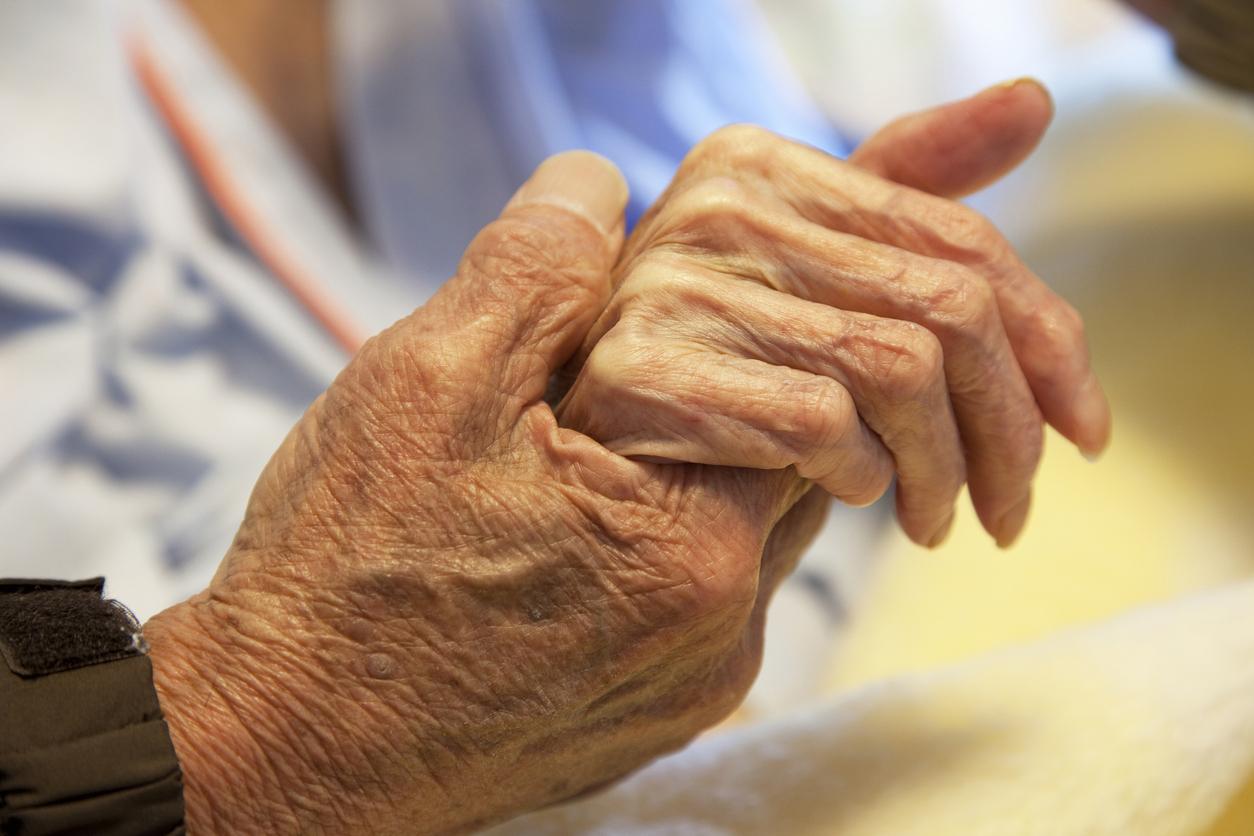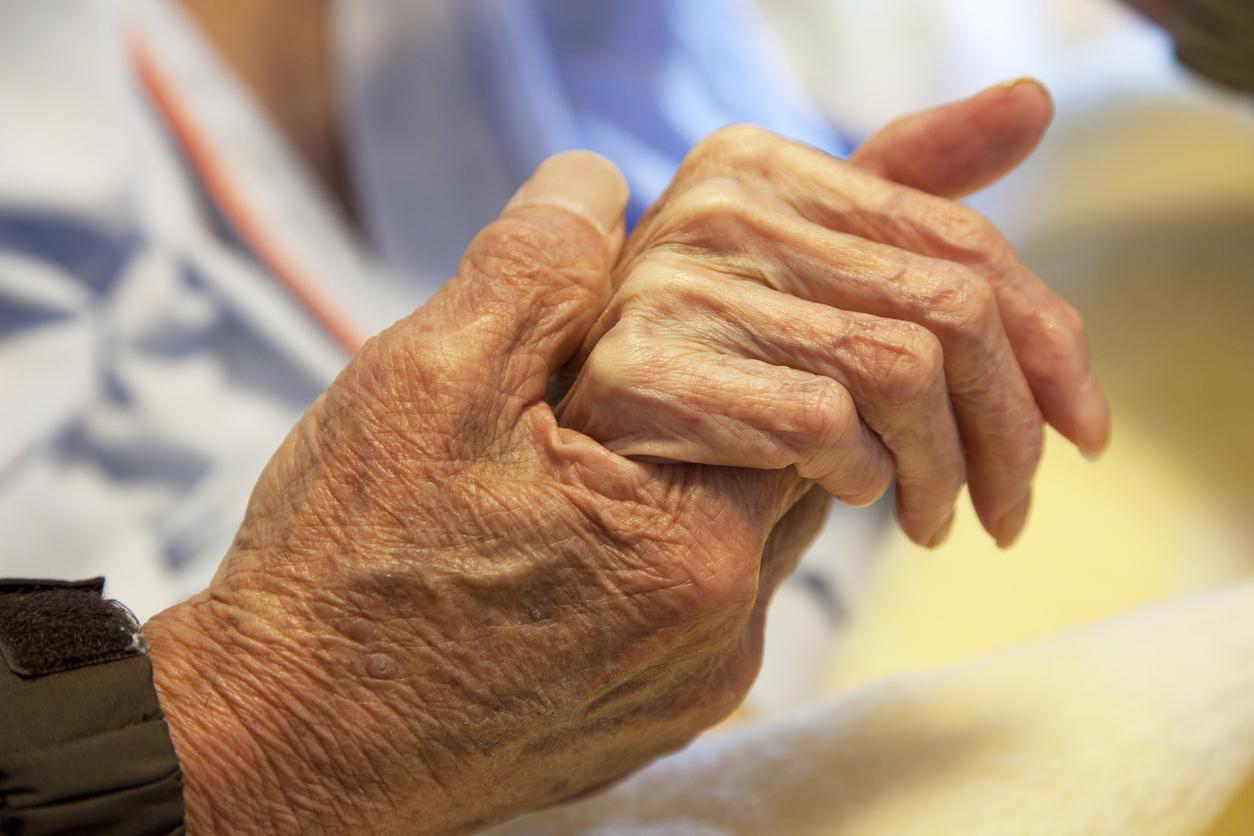Three regulatory texts published in the Official Journal allow patients at the end of their life to request “deep and continuous sedation” until their death.

The right to “deep and continuous sedation” until death for patients at the end of their life comes into force on Friday. Marisol Touraine, Minister of Social Affairs and Health, signed two decrees and a stop published in Official newspaper allowing the application of the second law Claeys-Leonetti adopted on February 2, 2016.
“Desired by the President of the Republic, at length and widely agreed, the measures which come into force today represent a fundamental advance for the rights of the patient and the individual. They constitute, on such an intimate subject, the point of balance which unites the most widely in French society ”, declared Marisol Touraine.
Express your will
These texts specify the conditions under which a decision can be taken to stop treatment and implement deep and continuous sedation. They also establish two standard models of advance directives, one for patients with serious illness or thought to be near the end of life, and the other for healthy people. They are not compulsory. They simply give the possibility to each adult person to express clearly what he wishes.
These written declarations allow each individual to indicate in advance whether he wishes to limit, or stop, the treatments he could receive at the end of his life, in the event that he would then become incapable of expressing his will. The refusal to undertake or continue cardiac and respiratory resuscitation, respiratory assistance or artificial nutrition and hydration, may be indicated “in the event that the patients have definitively lost consciousness and where they can no longer communicate with their loved ones”, can we read in the forms.
A part is also devoted to deep and continuous sedation associated with pain treatment. Editors will have to specify whether or not they accept “this treatment which puts to sleep and which aims at loss of consciousness until death”.
The doctor can oppose it
Consultative until today, these directives are now binding on physicians. In the event that the patient cannot write them himself, a third party in the presence of two witnesses can do so. Once signed, they can be given to any doctor, or someone you trust. They have no time limit and can be revised at any time.
Moreover, one of these texts provides that a doctor may disregard these advance directives if he considers them “manifestly inappropriate or not in conformity with the medical situation”. He will then have to seek the opinion of the care team and another doctor “with whom there is no hierarchical link”. The person of trust and relatives must also be consulted before entering these grounds for refusal in the patient’s file.
“To promote this model of advance directives and allow everyone to appropriate these new rights, the Minister will launch an information campaign at the end of the year among health professionals, then the general public, under the aegis of of the National Center for Palliative Care and End of Life, ”explains the Ministry of Social Affairs and Health.
.















